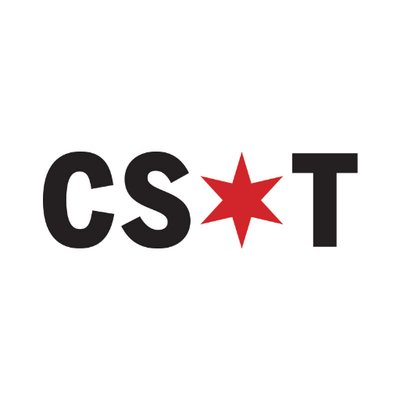



Gov. J.B. Pritzker on Thursday signed into law a measure that will require Illinois school districts to develop an index to determine community childhood trauma exposure by 2025.
The legislation, sponsored by state Senate Majority Leader Kimberly Lightford, D-Maywood, and state Rep. Carol Ammons, D-Urbana, also expands the Whole Child Task Force, which was created in 2021 by the Illinois Legislative Black Caucus to help define and improve trauma-responsive practices in Illinois schools — and to battle systemic racism. The goal is to give Illinois schools the training to identify warning signs of mental illness, trauma and suicidal behavior.
Under the new measure, the Illinois State Board of Education will create a Children’s Adversity Index, which would measure community childhood trauma exposure for children ages 3 to 18 — by May 31, 2025.
“It’s up to us to carry out their work, to carry it forward into our schools across the state from Chicago to Peoria to Springfield and Metro East,” Pritzker said at the bill signing at Habilitative Systems, Inc, a behavioral health center on the West Side.
“I have no doubt that their recommendations will help teachers and administrators provide inclusive trauma informed spaces for all of our students. So here’s to an Illinois where all students are heard and seen and supported, to grow into the bright young leaders of tomorrow.”
Gov. J.B. Pritzker speaks at a news conference last year.
Pat Nabong/Sun-Times file
The task force will provide data on adverse childhood experiences and trauma — as well as the number of school counselors, social workers, nurses and psychologists in Illinois schools. Initially it was put together to submit a report with recommendations to the Illinois General Assembly, the Illinois Legislative Black Caucus and the State Board of Education.
“It reflects our unwavering commitment to nourishing every aspect, every aspect of a child’s development, ensuring they have the tools and support they need to thrive in a rapidly changing world,” Lightford said on Thursday.
“We must recognize that education is not merely about taking a test — the test scores and academic achievements. It is about fostering a well rounded individual who possesses not only intellectual expertise but also emotional intelligence, creativity, empathy and resilience.”
In its March 2022 report, the task force reported that approximately 40% of children in Illinois had experienced at least one adverse childhood experience and approximately 10% had experienced three or more adverse childhood experiences.
The number is higher for Black and Hispanic children living in poverty — and the pandemic amplified the number of students who had experienced childhood trauma, the report found, noting also that COVID-19 highlighted preexisting inequities in school disciplinary practices that disproportionately affected Black and Brown students.
“The cumulative effects of trauma and toxic stress adversely impact the physical health of students, as well as their ability to learn, form relationships, and self-regulate,” the report concluded. “If left unaddressed, these effects increase a student’s risk for depression, alcoholism, anxiety, asthma, smoking, and suicide, all of which are risks that disproportionately affect Black youth and may lead to a host of medical diseases as an adult.”
The report recommended the state improve its access to infant and early education mental health services, especially for those who had experienced trauma. And it recommended training for early childcare providers and building up data to understand expulsion rates.
